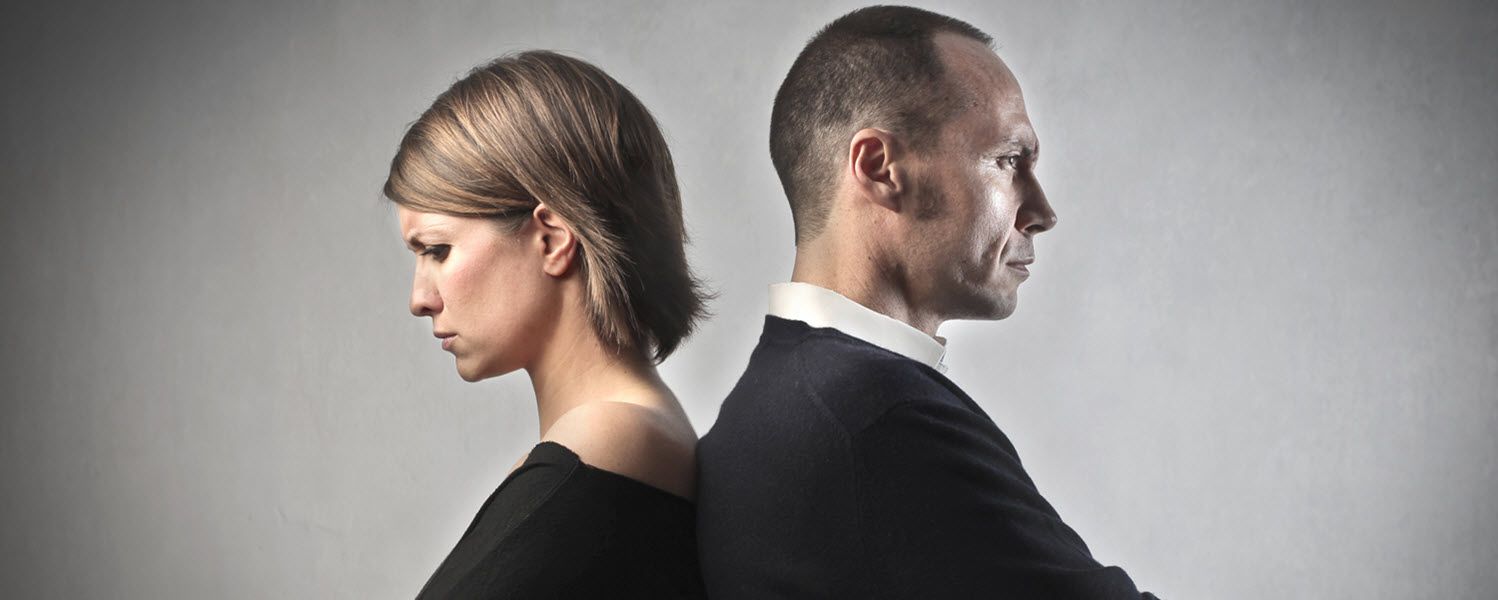What am I entitled to in a divorce settlement?
There’s no easy answer to this question, as every family’s circumstances are different and their assets vary significantly. In the majority of cases, the assets will comprise the family home, any business assets, pensions and investments but the way these assets are divided might depend on when they were acquired, who by and whose name they are in. Other factors to take into account are debts, differences in incomes and earning potentials and interest or contributions of third parties, such as parents or adult children. Property might be in trust or held by third parties. The court must take into account all the circumstances of the case, with particular regard to the needs of any dependent children.
Where do you start?
The best place to start is by taking legal advice on your divorce. The process is complicated and feelings can be running high so taking advice from an experienced family lawyer will help to reduce the emotional tensions surrounding the marriage breakdown and will also give you an expert view on what you’re entitled to.
The ideal solution for most people is a ‘clean break’ – this will leave you with no financial ties to your other half. A Clean Break Order is essential for most divorcing couples, as it clarifies the financial position on divorce and ensures that there is no opportunity for any kind of financial claim in the future. However, it is important to consider all the options and how best to achieve them.
How does the process work?
It’s worth remembering that a ‘fair’ divorce settlement won’t necessarily mean an equal split. However, aiming for a 50/50 division is often the best initial starting point. A solicitor will help you to divide the assets that you have into three main areas:
- Pensions
- Income (e.g. salary, income from rentals etc.)
- Capital assets (e.g. properties, savings, shares)
The starting point is to identify what the assets, income and liabilities are and what they are worth. This might mean involving experts such as valuers, accountants or IFAs and your family lawyer will be able to refer you to the person most able to help you. Both spouses are under a duty to provide full details of their finances to assist their lawyers in advising on what sort of settlement is best for them and delays in providing the information can prolong the process and make it more expensive.
Once a full picture of the financial position is known, you can then look at the best way to split these into two. There will be a number of influencing factors to bear in mind when it comes to the split proportions for these assets. For example, you may want to make a trade of a proportion of pensions for a proportion of properties. Working with a solicitor can ensure that you find the right place to make the divisions and that the values are fair and accurate.
What else can influence the division of assets?
The welfare of children will have a significant impact on how a court would see assets should be divided and so this is important to take into account. For example, assets are unlikely to be split equally if children are to be living with one partner. However, children are not the only factor. For example, if one partner has given up a career to stay at home and care for children then they may be entitled to more from the divorce settlement as a result.
Other factors which can influence how assets are divided are the difference in incomes and earning potentials, the age of the parties, their health and, in rare cases, behaviour.
Is it better just to go to court?
The short answer is no. Battling over a financial divorce settlement in court can be incredibly costly for everyone involved, not just in terms of money but emotionally too. Whatever the assets you’re unable to agree on, they will most likely be reduced by the cost of arguing over them in court.
It’s far better for divorcing couples to find agreement between them over the financial aspects of divorce – this paves the way for a smoother separation, as well as better relations in the future too. Lawyers are experienced in negotiating on your behalf and most family lawyers are committed to maintaining a constructive and non-confrontational approach to resolving family disputes.
Another option is to resolve with the divorce, children and financial arrangements in a collaborative way. This involves sitting down with your spouse and your respective collaboratively-trained lawyers in a series of round-table meetings and sorting out your affairs amicably. The lawyers work together to resolve the issues in a way which benefits your family as a whole. All parties are committed to avoiding court. Most people who have been through this process find it very rewarding and are able to get on and sort issues out in the future
What should I do now?
If any of the issues in this article affect you please give our family law specialist and collaborative lawyer, Andrew Hill a call on 01539 723757.
